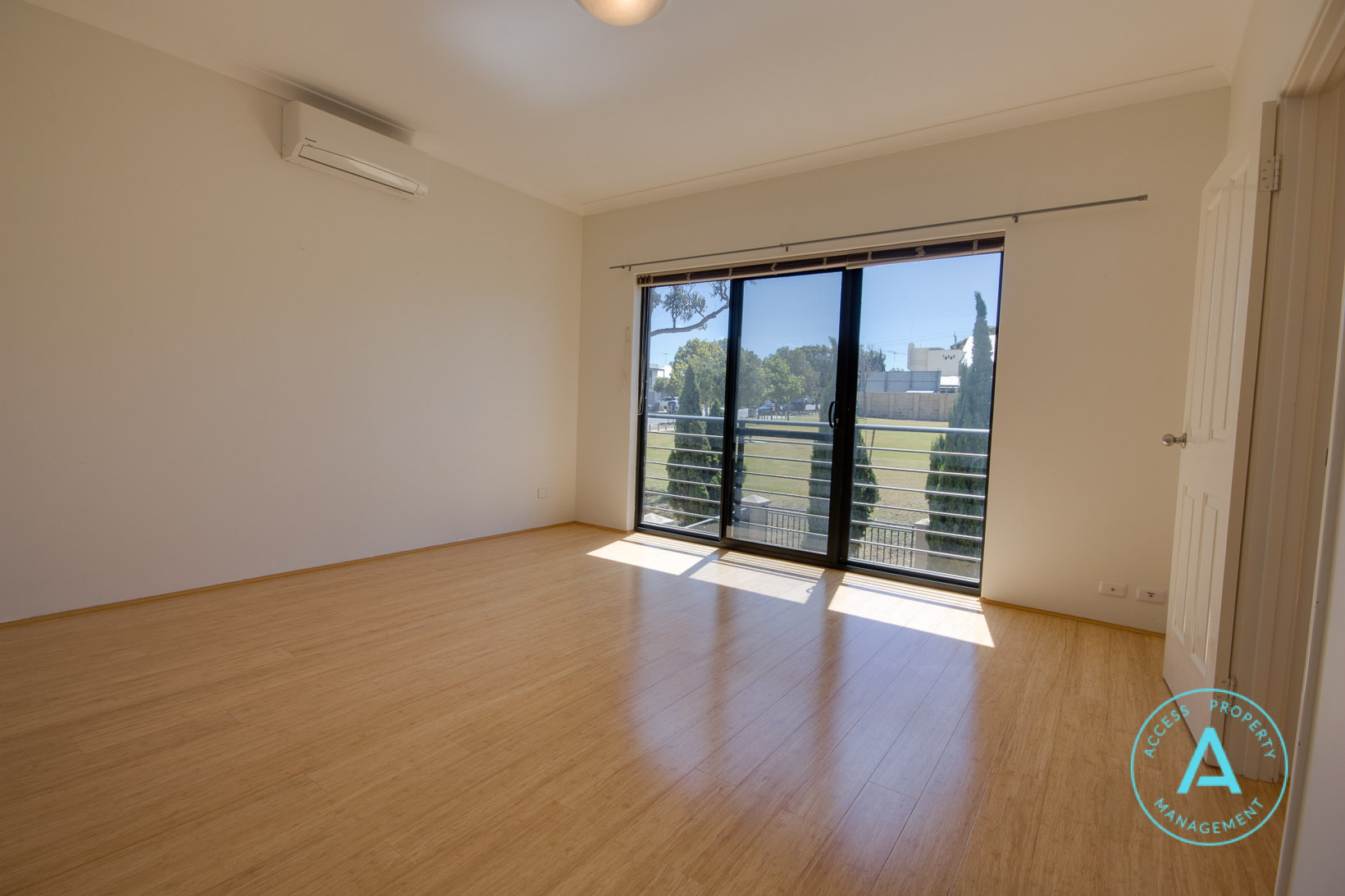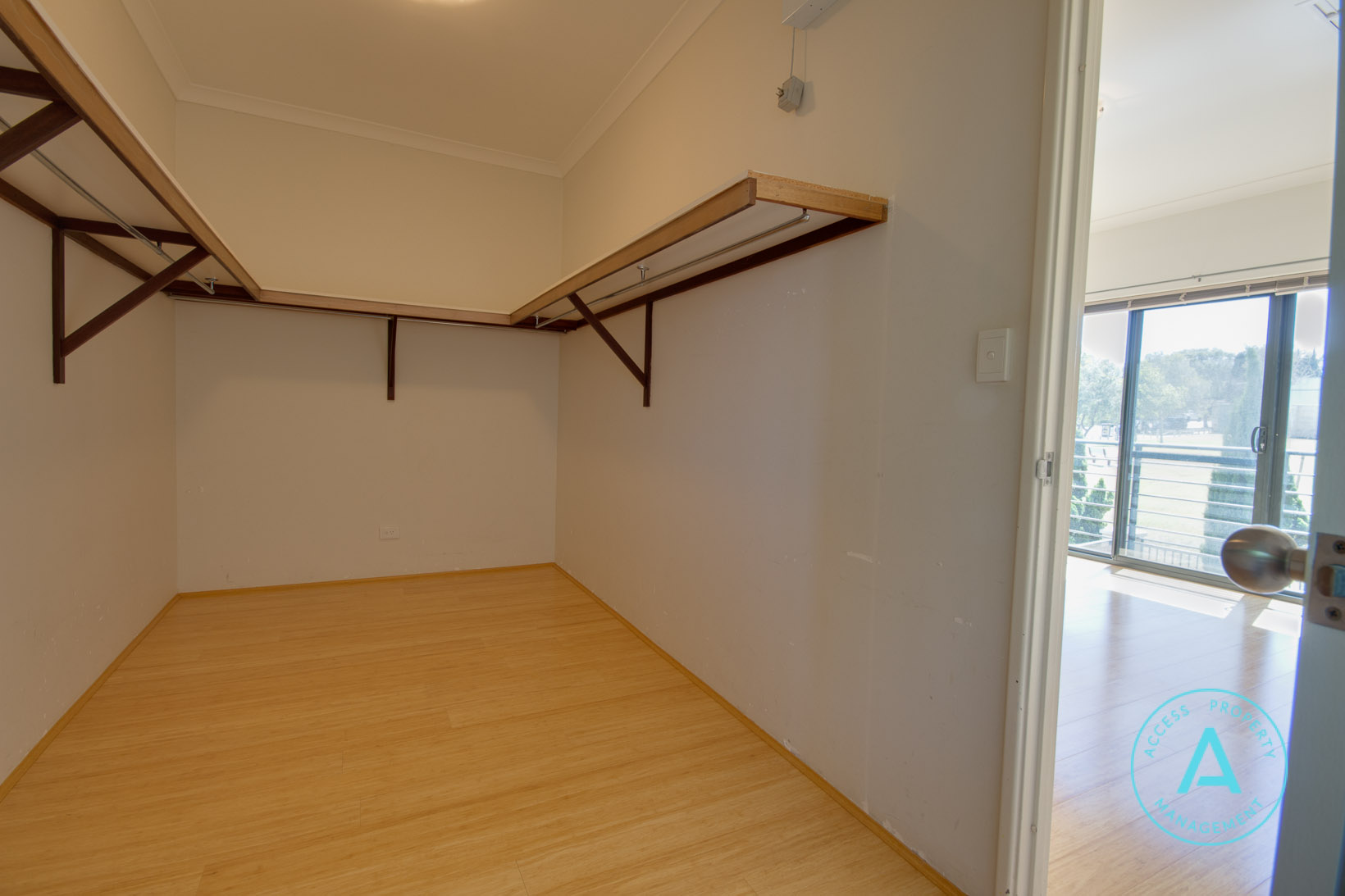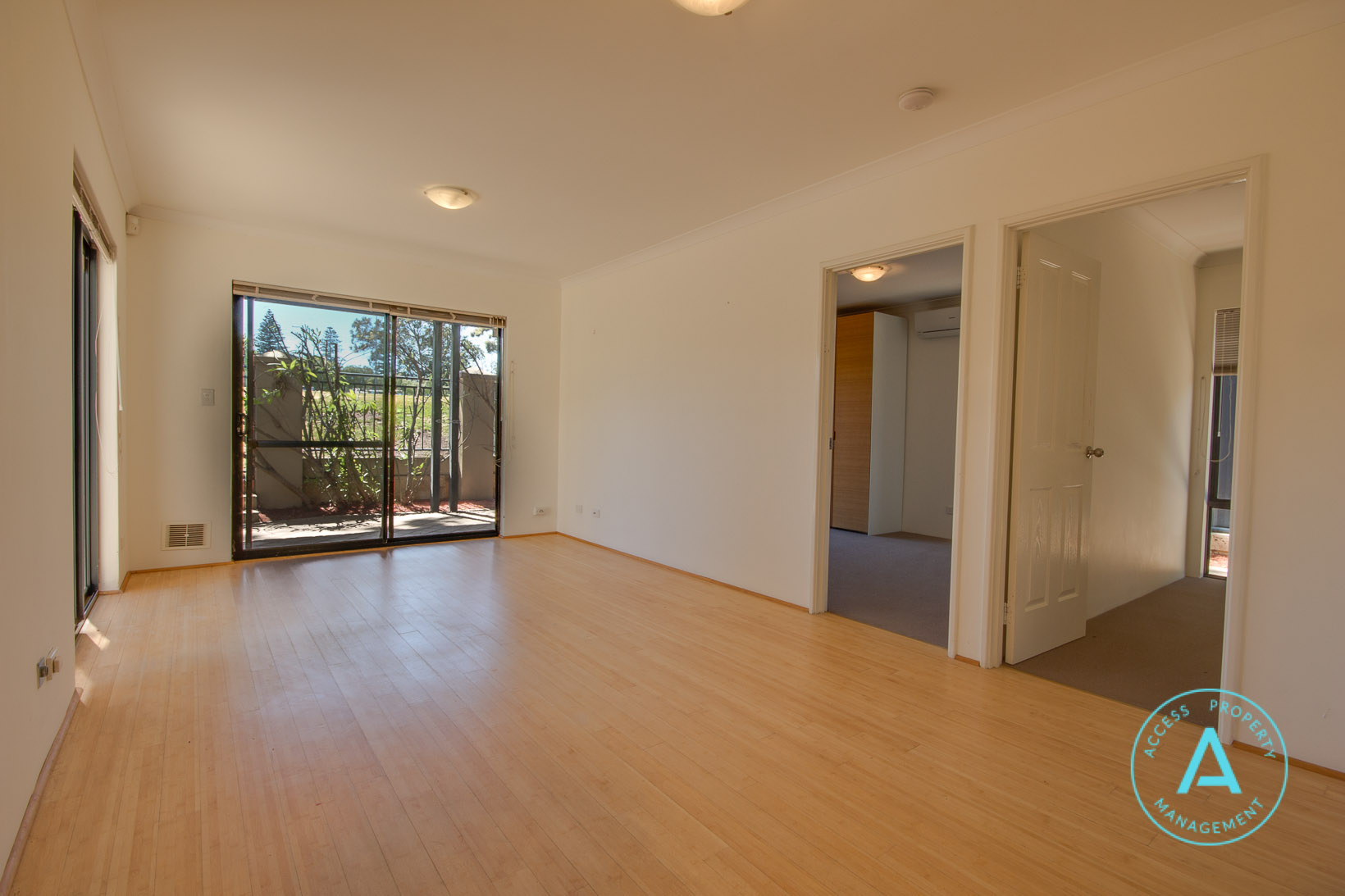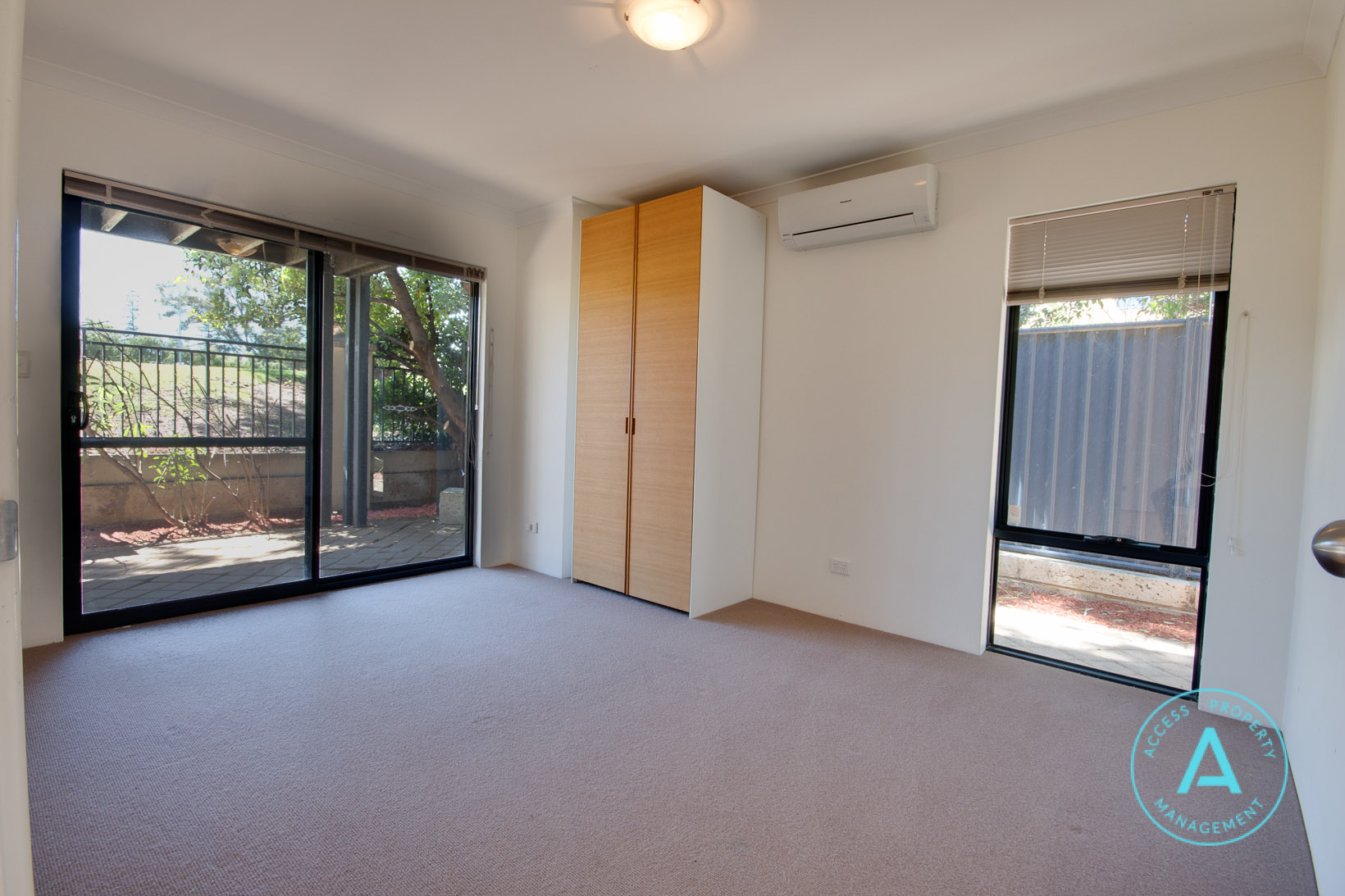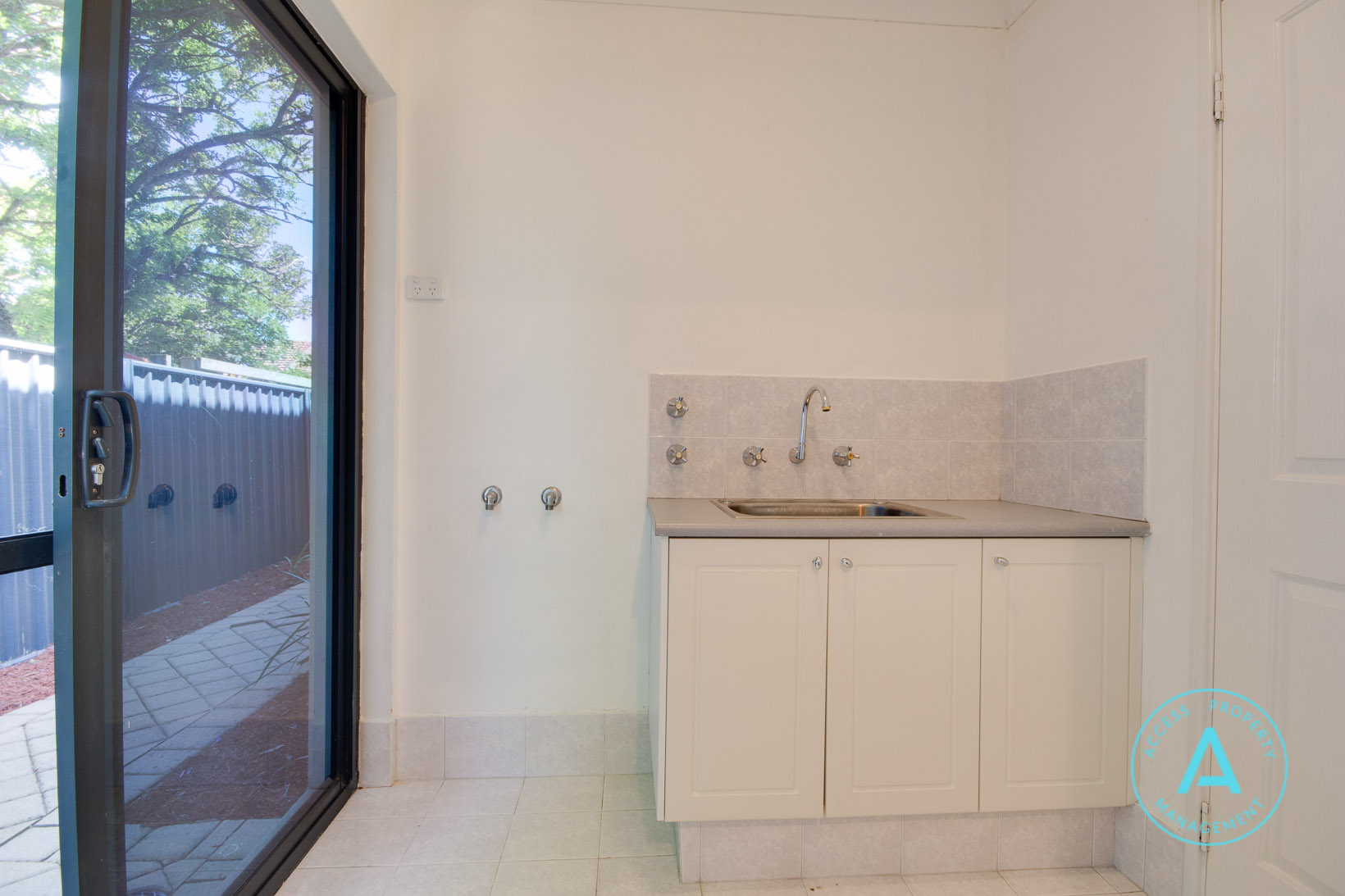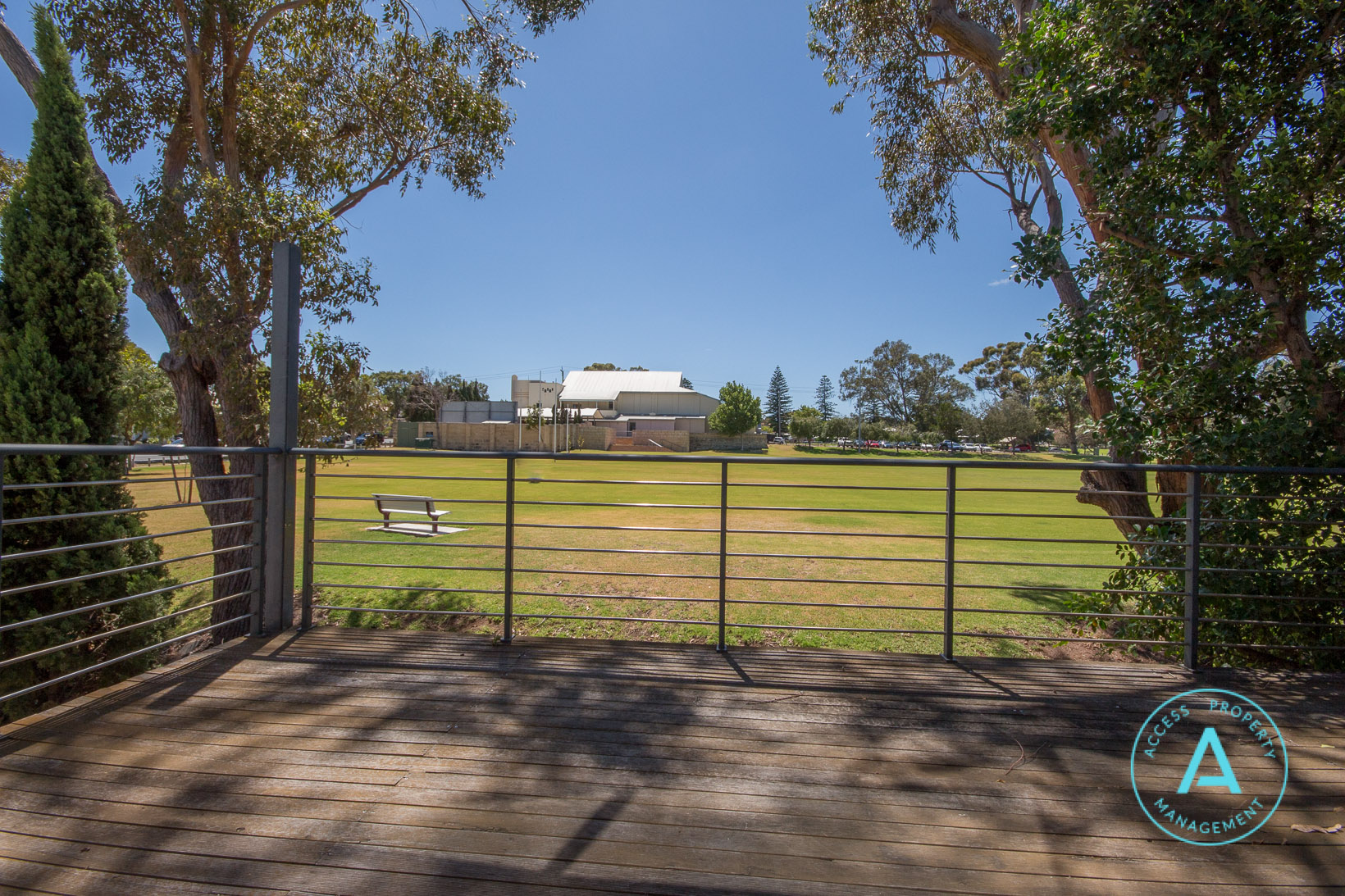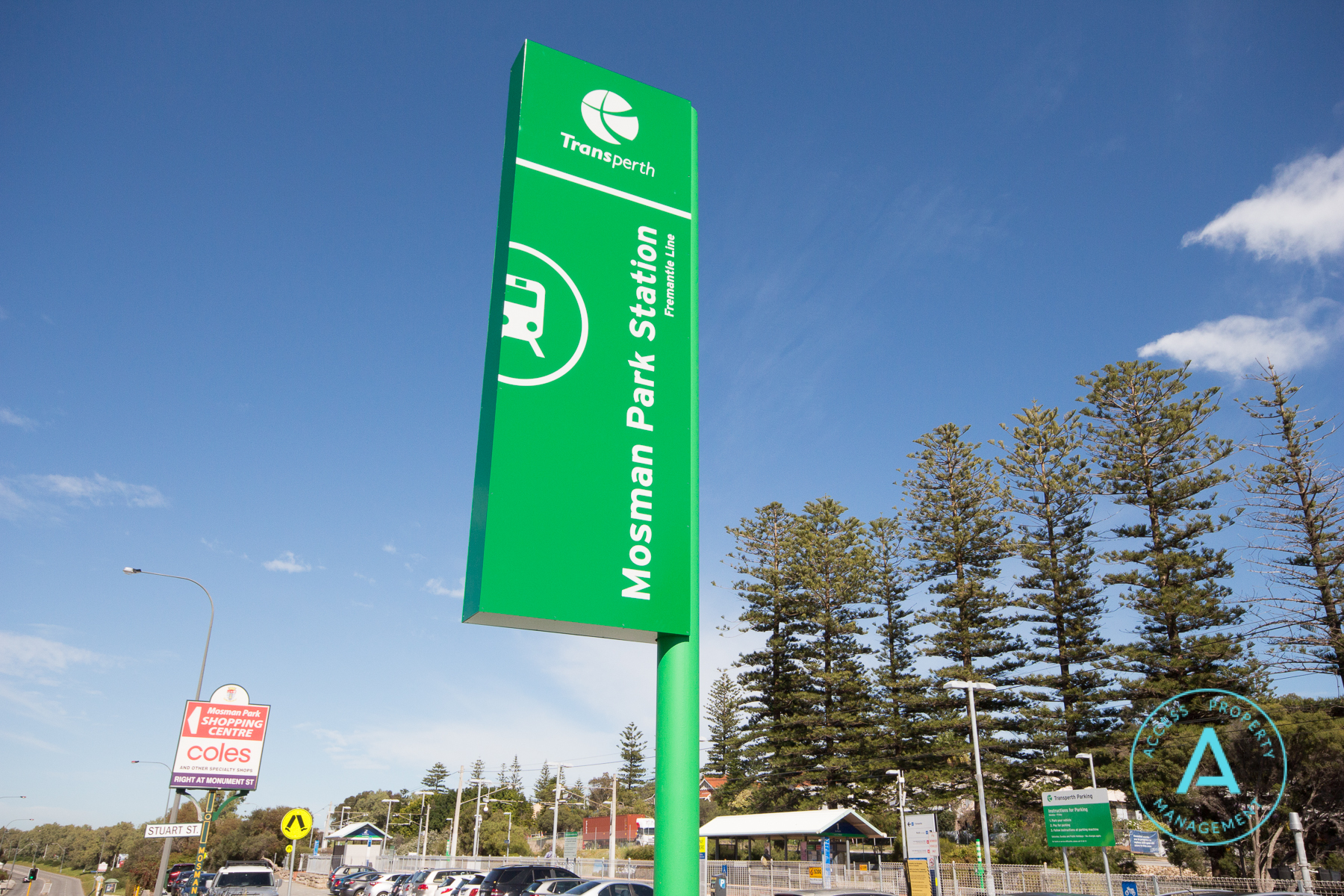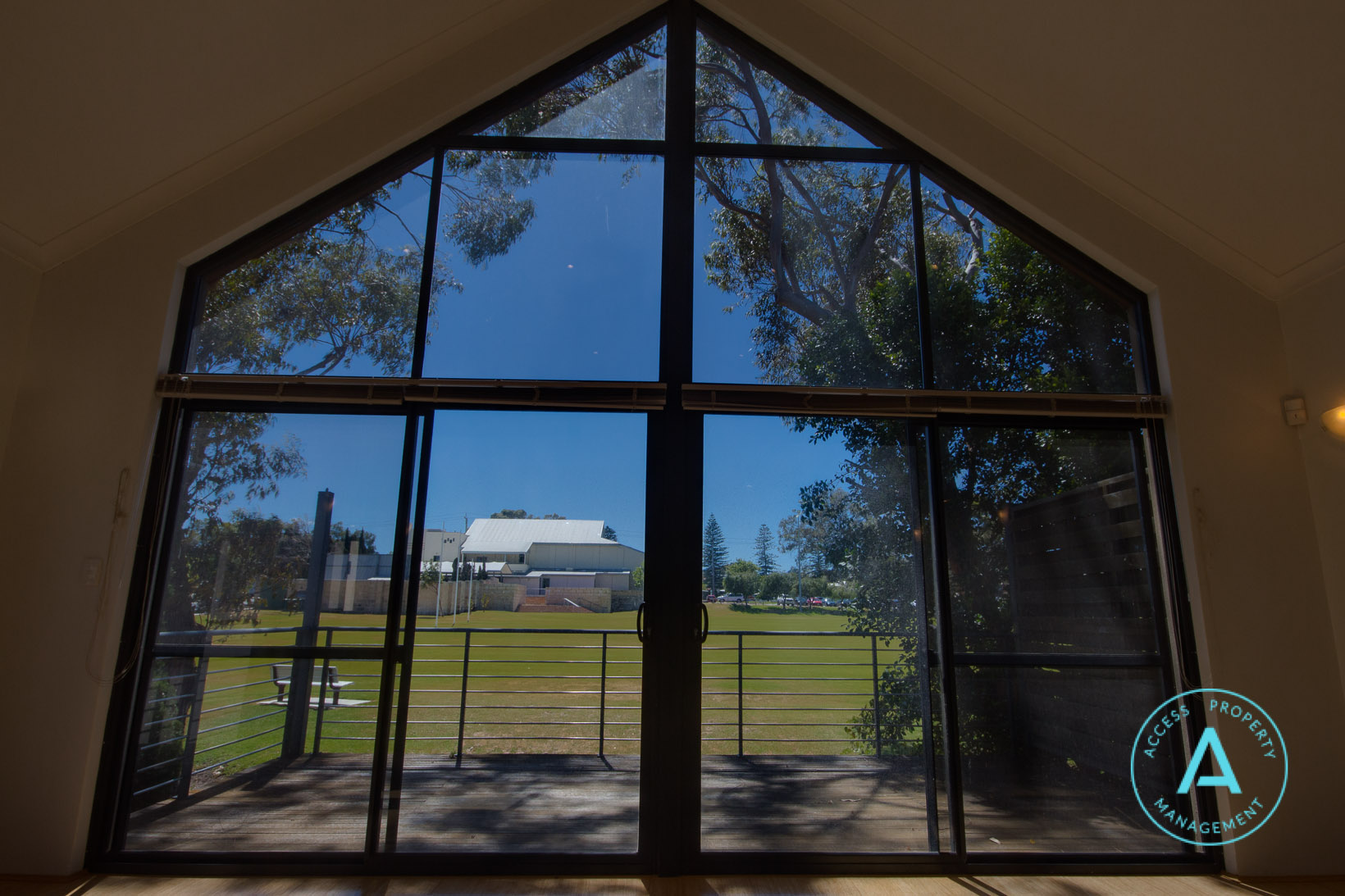There are many different reasons you may want to sell your property, from upgrading or downsizing a family home to getting a return on your investment when the timing is right. No matter the motivation, navigating the process can be tricky and very time-consuming. It can also be emotionally challenging, especially if it’s your first time navigating the property market or you’re selling your family home.
Before you do anything, make sure you know your options. After all, you may even decide that the timing isn’t right for you and you need a back up plan. If you need a hand making a decision, take a look at our guide to choosing whether to sell or rent out your property.
Committing to selling your property is the biggest step of the process. However, it’s crucial that you understand the next steps so that you are prepared and properly informed. We’ve put together a guide on what you need to know when selling a property so you can make sure you check everything off.
Checklist when selling a property
1. Know your property’s value
The first step to selling your property is getting an understanding of its value. This will help guide you on what your next steps should be. For example, if market conditions aren’t the best you may want to wait a while, or if you want to increase the potential value, you could plan some renovations. You can start by searching online to find similar houses for sale in your area. This will give you an estimate of what price your property could achieve.
Next, you’ll want to consult a professional. An appraisal from a property expert takes into account market trends, the condition and suburb profiles to give you an accurate estimate of the property value. Ready to get started? You can book an appraisal with us here, and we’ll let you know what we think your property is worth.
2. Prepare the property
While you don’t need to deep clean and stage your property just yet, having a tidy and well-maintained space is a good idea. Neaten up the property, do any necessary repairs and minor renovations, and do the garden.
3. Choose an agent
Although you can sell a property by yourself, we recommend always consulting a professional and using an agent, especially if you’re new to the property market. They can help remove emotion and guide your decision making. Hiring an agent will also take the guesswork out, as they will be knowledgeable about the market and set a reasonable price, increasing your chances of a quick sale. They will negotiate for you and walk you through the mountains of paperwork.
When choosing an agent, make sure you do your research and ask lots of questions. You want to build a good relationship and rapport so you can trust them to get the best results for your needs. Once you’ve chosen the right one, review the agreement and don’t be afraid to ask for explanations before signing. It’s crucial that you fully understand the contract you’re entering into.
4. Communicate with tenants
We often get asked if you can sell a tenanted property. This is a fairly common situation, and in some cases, your tenant may purchase the property if they want to stay there.
If your property is tenanted and they don’t want to buy it, keep in mind that if the lease is for a fixed term it precedes the sales contract. The eventual buyer will need to honour the agreement. Make sure to communicate effectively with your tenants, and give them plenty of notice about events such as home opens.
5. Go to market
Before you go to market, you may want to “stage” your home. While this is not always necessary, it’s a good idea if you’re looking for a quick turnaround and potentially higher selling prices.
Once your property is ready to go, you’ll need to pick a sales method and marketing strategy. There are many different strategies, and your agent will guide you to the right one for your needs. Once it’s on the market, it’s time for some open homes and potentially an auction before you finally sell your property!
Thinking of selling your property and wanting to get started? Request a free appraisal here, and we’ll let you know an estimated value so we can advise you on your options.









